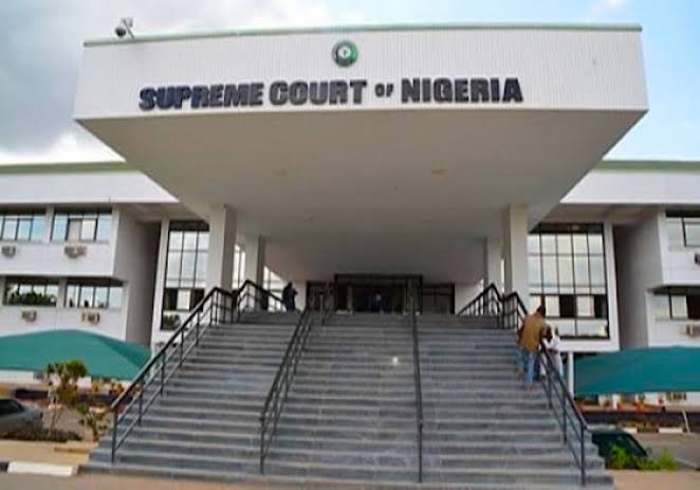The recent Supreme Court ruling mandating direct allocation of funds to local governments and barring governors from dissolving elected councils has raised afresh questions about the nature and future of federalism in Nigeria. While the decision aims to curb the notorious misappropriation of funds by state governors, it inadvertently undermines the core principles of federalism and perpetuates an inequitable system of local government distribution.
In a federal system, true autonomy is reserved for the federating units—states or regions that come together to form a central authority for mutual benefits. Local governments, created primarily for administrative convenience, do not qualify as federating units and should not draw directly from the federation account. The Supreme Court’s decision, however well-intentioned, ignores this fundamental distinction and disrupts the delicate balance of power that federalism seeks to maintain.
Historically, the creation of local government areas (LGAs) in Nigeria has been a tool for sectional and personal interests rather than equitable development. Military regimes, particularly those from the North, exploited their powers to create LGAs disproportionately in their regions, securing demographic and fiscal advantages. For instance, while Lagos State remains with its original 20 LGAs since the 1976 reform, the old Kano State has been split into Kano and Jigawa States, boasting a combined total of 77 LGAs. This discrepancy has led to an unjust allocation of national resources, leaving states like Lagos, which contribute significantly to the national purse, at a disadvantage.
The Supreme Court’s directive for direct allocation to LGAs, irrespective of these historical inequities, is akin to reinforcing an unjust system under the guise of promoting local autonomy. The resultant fragmentation could see every village and ward demanding its share of the federation account, leading to an administrative nightmare and further diluting the essence of federalism.
The real issue plaguing local governance in Nigeria is not just the misappropriation of funds by state governors but the inherent inequity in the creation and distribution of LGAs. Local governments should be under the purview of states, which can better assess and address the needs of their populations. The federal imposition of LGAs and their direct funding from the federation account contradicts the principles of federalism and exacerbates existing inequalities.
Moreover, there is little evidence to suggest that direct allocation will lead to better governance at the local level. Without robust accountability mechanisms, local government chairmen may well emulate the corrupt practices of state governors. The root cause of underdevelopment in many local areas is not solely financial mismanagement but a pervasive lack of accountability and transparency in the political system.
The Supreme Court’s decision should serve as a catalyst for a broader debate on restructuring Nigeria’s federal system. A workable solution lies not in granting undue autonomy to local governments but in returning the creation and sustenance of LGAs to the states. This approach would respect the principles of federalism, allowing states to delineate local governing areas based on demographic realities, administrative needs, and financial viability.
In conclusion, while the Supreme Court’s decision aims to promote local governance, it inadvertently undermines the federal structure and perpetuates historical injustices. True federalism requires a system where states, not the central government, create and manage local governments. Only through such restructuring can we hope to build a more equitable and functional federal system in Nigeria.

































































